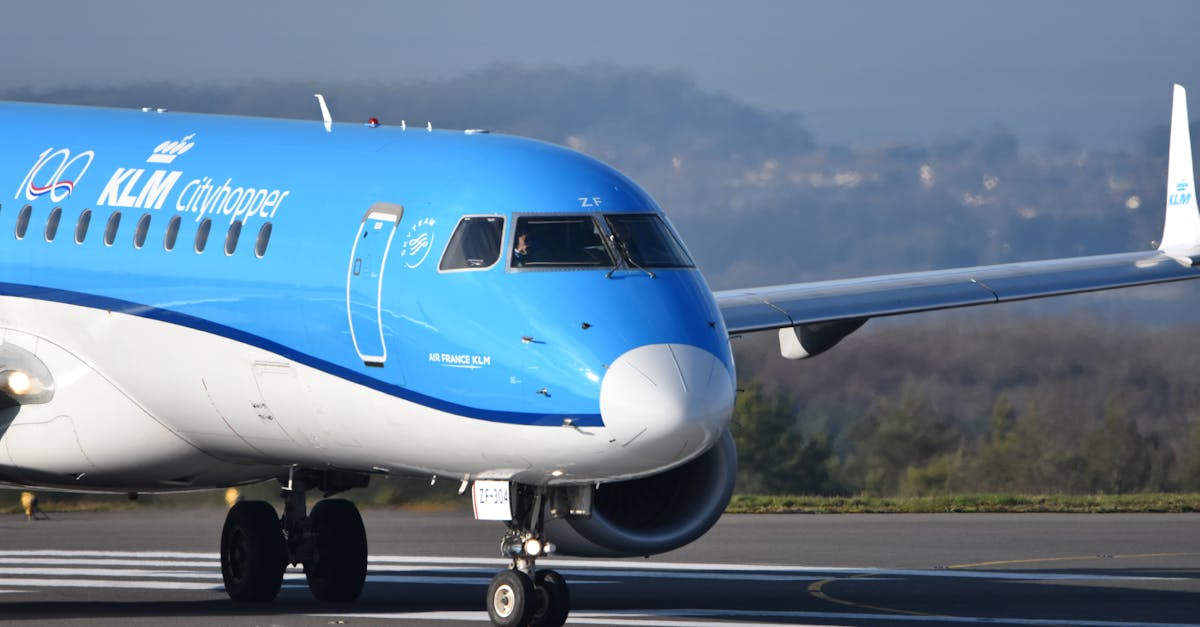
Casablanca remains a dynamic hub for economic growth, cultural events, and international connectivity in 2025. This article explores the latest developments in Casablanca’s aviation sector, infrastructural growth, and its significant role in regional events such as sports and tourism. These updates illustrate how Casablanca continues to solidify its status as a key city in Morocco and Africa.
Expansion of Air Connectivity and Infrastructure
Casablanca’s Mohammed V International Airport has recently seen important developments aimed at expanding its global reach and improving passenger experience. Airlines like Shanghai Airlines have introduced new routes linking China directly to Casablanca, enhancing Asia-North Africa connections. Similarly, the Indian low-cost carrier IndiGo has expanded its partnership with Turkish Airlines to increase flight frequency between Istanbul and Casablanca, strengthening European and Middle Eastern access to the city.
Moreover, Royal Air Maroc, the nation’s flagship carrier, is aggressively pursuing a hub enhancement strategy with four new international routes launching from Casablanca starting September 2025. This expansion includes new destinations across Europe and Africa, underlining Casablanca’s growing importance as an aviation hub. These developments coincide with ongoing infrastructure upgrades at the airport focusing on sustainability and capacity expansion, adapting to rising passenger numbers and international demand.
Casablanca’s Role in Major Regional Events and Tourism
The city is also preparing for significant cultural and sporting events that promise to boost both tourism and local pride. In particular, Casablanca will play a central role in the 2025 Africa Cup of Nations (AFCON), one of the continent’s premier football tournaments. The city’s Mohammed V Complex is one of the key venues, attracting football fans domestically and internationally. This event reflects Casablanca’s urban energy and commitment to hosting international sports, with anticipated impacts on hospitality, transportation, and city services as it gears up for increased visitors.
Alongside major sporting events, Casablanca continues to be a magnet for diaspora arrivals and cultural exchange. Recent rumors of a decrease in diaspora visitors were officially denied, with authorities highlighting the success of the 2025 Marhaba program, designed to facilitate the smooth arrival of Moroccan expatriates and tourists during summer peak periods. This underscores Casablanca’s role as a gateway city welcoming Moroccans and travelers from every continent.
Conclusion
In 2025, Casablanca stands at the forefront of Morocco’s economic and cultural renaissance. With expanding air routes via Mohammed V International Airport and strategic upgrades in infrastructure, the city is more connected than ever. Its pivotal role in hosting the Africa Cup of Nations and managing increasing diaspora tourism highlights Casablanca’s vibrant urban spirit and regional influence. These ongoing developments confirm Casablanca as a critical node driving Morocco’s growth and international engagement.